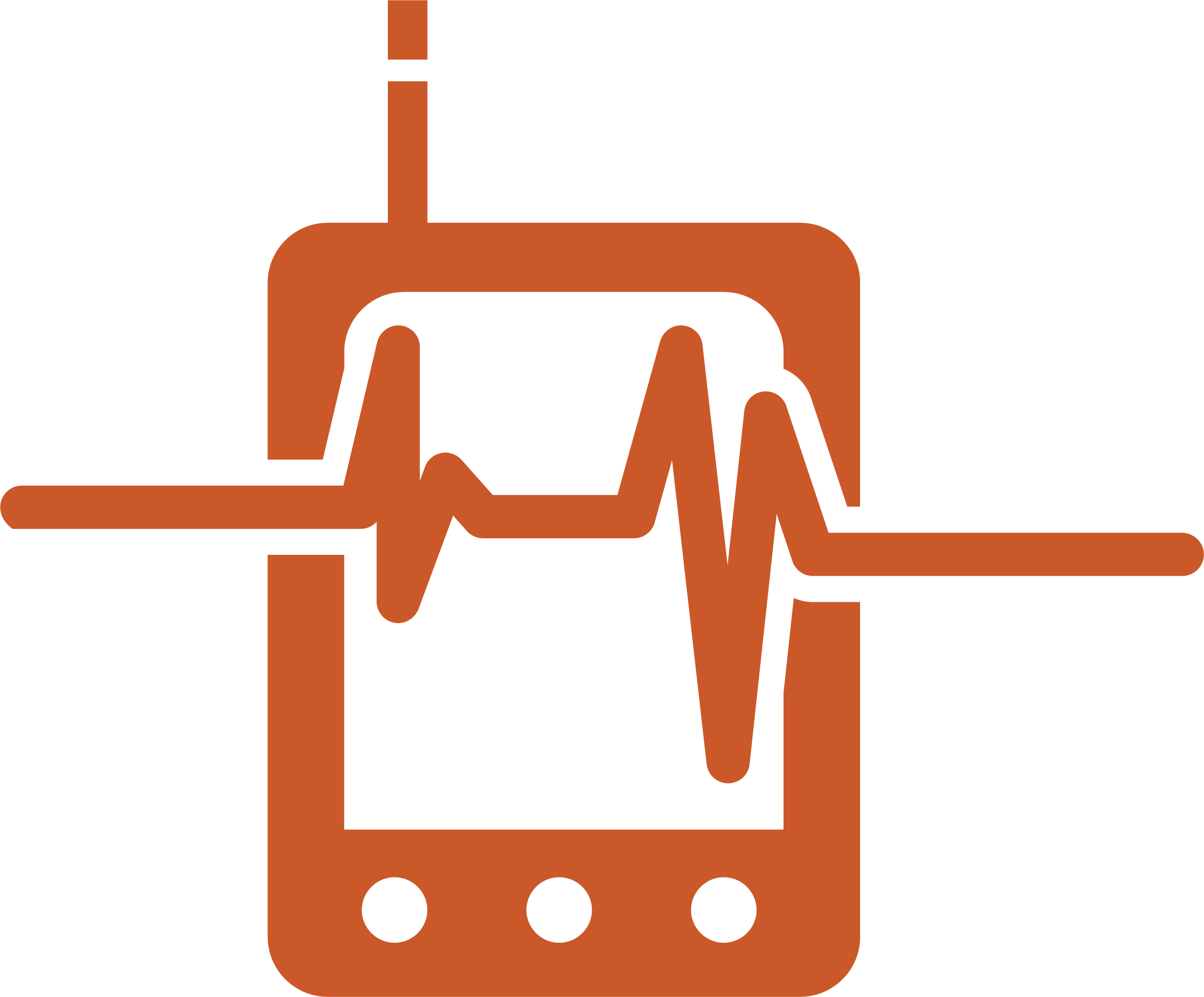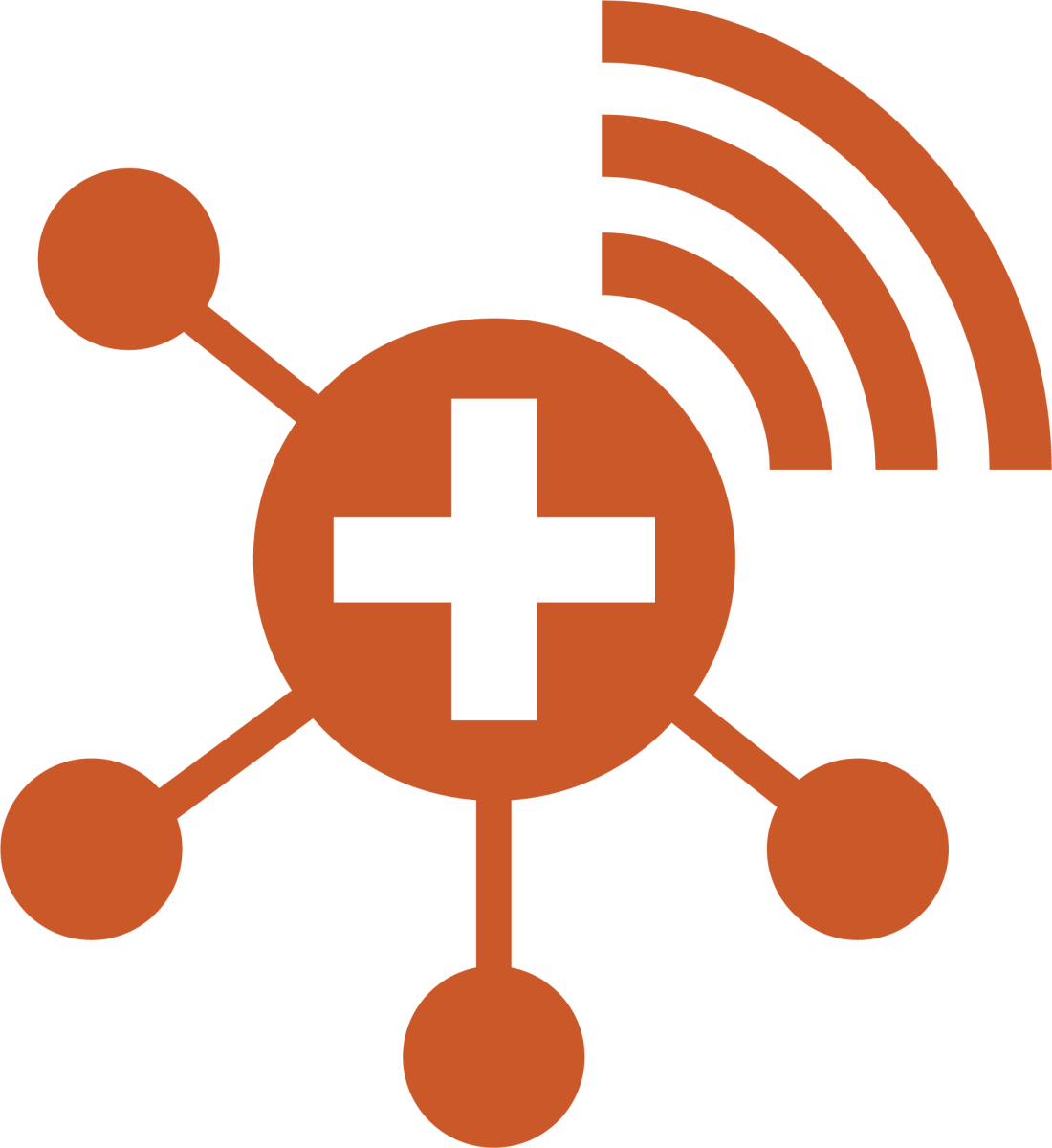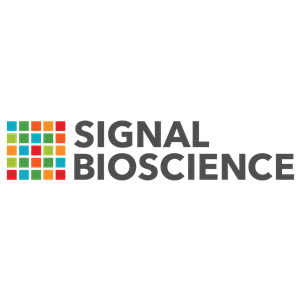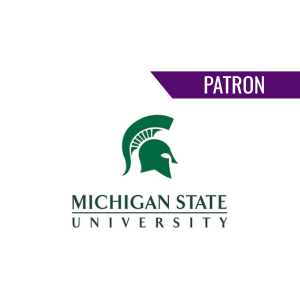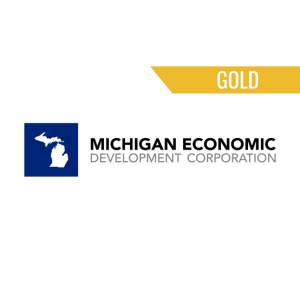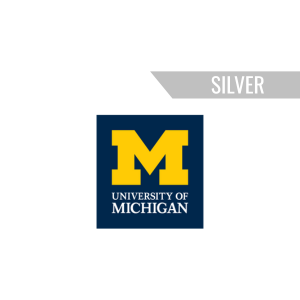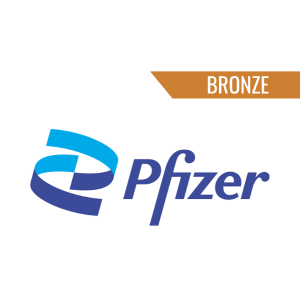Michigan's Bio-Industry - Leading with Excellence
Driven to tackle the world's toughest challenges - Michigan's bio-Industry challenges what's known - and what's possible - to feed, fuel, and cure the world.
Power Michigan's Bio-Industry—Join to see the benefits
For 30+ years, MichBio has been the unifying voice of Michigan’s biosciences community — connecting innovators, influencing policy, and accelerating growth. When you become a member, you join a statewide network driving discovery and innovation forward.
MichBio membership delivers real value through:
- Advocacy: Shape policies that define Michigan’s biosciences future.
- Savings: Access exclusive purchasing programs that can save your organization up to 10× your membership cost.
- Connections: Meet partners, investors, and collaborators at high-impact events across the state.
- Insights: Stay informed with the latest trends, regulations, and funding opportunities.
- Visibility: Promote your successes through MichBio’s network.
Together, we’re not just growing companies — we’re growing Michigan’s life-sciences economy.
Member Spotlight



